The World & Vietnam Newspaper updates international public opinion surrounding Iran's unprecedented direct retaliatory attack on Israel on the night of April 13 and early morning of April 14.
On April 14, Gulf News quoted information from many major media agencies saying that Arab countries such as Saudi Arabia, Kuwait and the United Arab Emirates (UAE), Kuwait, Oman, Egypt, Iraq, Jordan and Qatar expressed deep concern over the recent military escalation in the Middle East after the above attack, and called on all parties involved to exercise maximum restraint.
Secretary General of the Gulf Cooperation Council (GCC) Jasem Mohamed Albudaiwi affirmed the importance of maintaining regional and global stability, and called on the international community to deploy joint diplomatic efforts to resolve disputes peacefully.
On the same day, Italy, which currently holds the rotating presidency of the Group of Seven (G7), held an online meeting of the group's leaders to discuss the incident.
Reuters quoted a joint statement by G7 leaders emphasizing "the need to avoid further escalation, calling on parties to refrain from actions that could aggravate tensions in the region."
The Turkish Foreign Ministry issued a statement calling on all parties involved to exercise restraint to avoid a regional war. Some sources familiar with the matter said that the US has asked Turkey to mediate with Tehran.
On April 15, British Foreign Secretary David Cameron said that Israel "has the right" to respond to Iran's attack, but London "does not support a retaliatory attack."
Efforts to "defuse" tension
Amid concerns about escalating tensions in the region following Iran's attack on Israel, the United Nations (UN) and Egypt are working to avoid the "last straw".
UN News reported that on the afternoon of April 14 (local time), the United Nations Security Council (UNSC) held an emergency meeting on the situation in the Middle East, focusing on Iran's retaliatory attack on Israel.
In his opening remarks, UN Secretary-General Antonio Guterres said that the Middle East is on the brink of danger, stressing: “Neither the region nor the world can afford further conflict. Now is the time to calm down and de-escalate.”
Urging “an immediate cessation of hostilities,” he called on all parties involved to absolutely respect the safety of diplomatic and consular facilities and personnel under all circumstances.
According to Secretary-General Guterres, the urgent issue at present is to avoid any action that could lead to large-scale military confrontation on many different fronts in the Middle East, and the international community has a shared responsibility and obligation in the process of proactive engagement with all relevant parties to prevent escalation.
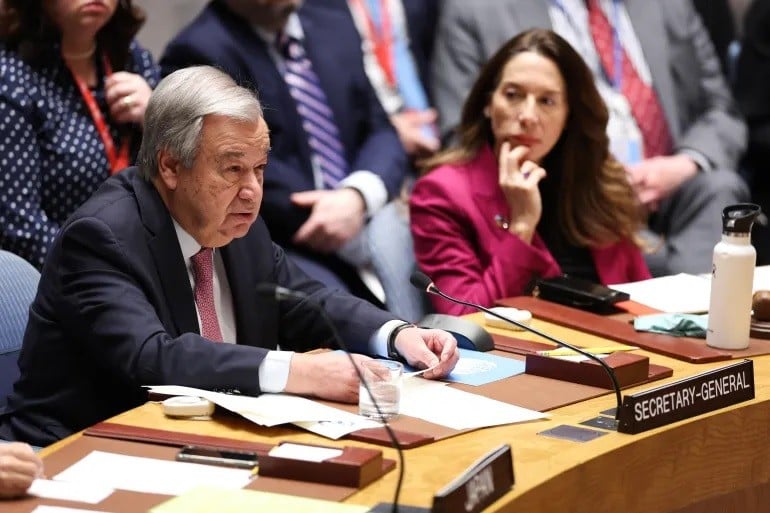 |
| UN Secretary-General Antonio Guterres delivers his opening remarks at an emergency meeting of the Security Council on the situation in the Middle East on April 14. (Source: AFP) |
Meanwhile, on the same day, Egyptian Foreign Minister Sameh Shoukry conducted shuttle diplomacy efforts through phone calls with his counterparts from the US, Iran and Israel.
Ahram online quoted the Egyptian Foreign Ministry as saying that in two separate phone calls with his Iranian and Israeli counterparts - Hossein Amir-Abdollahian and Israel Katz respectively, Foreign Minister Shoukry stressed the serious threat posed by the military escalation to regional security and stability.
Egypt's top diplomat called on Iran and Israel to exercise maximum restraint and avoid brinkmanship and mutual provocations that could further escalate tensions and instability in the Middle East.
He called on Iran and Israel to strengthen and facilitate diplomatic efforts to maintain stability in the Middle East and ensure the safety of people in the region.
On April 15, in an interview with BFM television channel and RMC radio station, expressing concern about the risk of escalating tensions between Iran and Israel, French President Emmanuel Macron declared that his country will do everything possible to prevent this situation.
In Japan, Kyodo quoted Chief Cabinet Secretary Yoshimasa Hayashi as saying that Tokyo continues to make every possible diplomatic effort to ease tensions following Iran's retaliatory attack on Israel.
The two parties removed the precaution.
The Israel Defense Forces (IDF) said all precautions taken before the Iranian attack were lifted on the night of April 14, after assessing the situation.
The restrictions, which include a ban on schools and educational institutions and a ban on outdoor gatherings, took effect on the evening of April 13 and are expected to last until the evening of April 15, as part of Israel's defense plan against Iranian missile and drone attacks.
“As part of the changes, educational activities across Israel have been restored. Restrictions on gatherings have also been lifted,” the IDF statement said.
On Iran's side, on April 15, airports in the capital Tehran and many other places resumed operations after being temporarily closed due to escalating tensions with Israel.
According to the official news agency IRNA , flights at Khomeini International Airport in Tehran returned to normal operations at around 6:00 a.m. on April 15 (7:30 a.m. Vietnam time).
Besides, Mehrabad domestic airport in Tehran and other airports across the country including Tabriz in the northwest, Mashhad in the northeast and Shiraz in the south have also been operating as scheduled.
Airlines such as Lufthansa have suspended flights to and from Iran while others such as Australia's Qantas have also adjusted flight routes to avoid Iranian airspace.
Several countries in the Middle East such as Jordan, Lebanon and Iraq closed their airspace on the night of April 13 to 14 but have since reopened them.
Source


![[Photo] Chinese, Lao, and Cambodian troops participate in the parade to celebrate the 50th anniversary of the Liberation of the South and National Reunification Day](https://vstatic.vietnam.vn/vietnam/resource/IMAGE/2025/4/30/30d2204b414549cfb5dc784544a72dee)
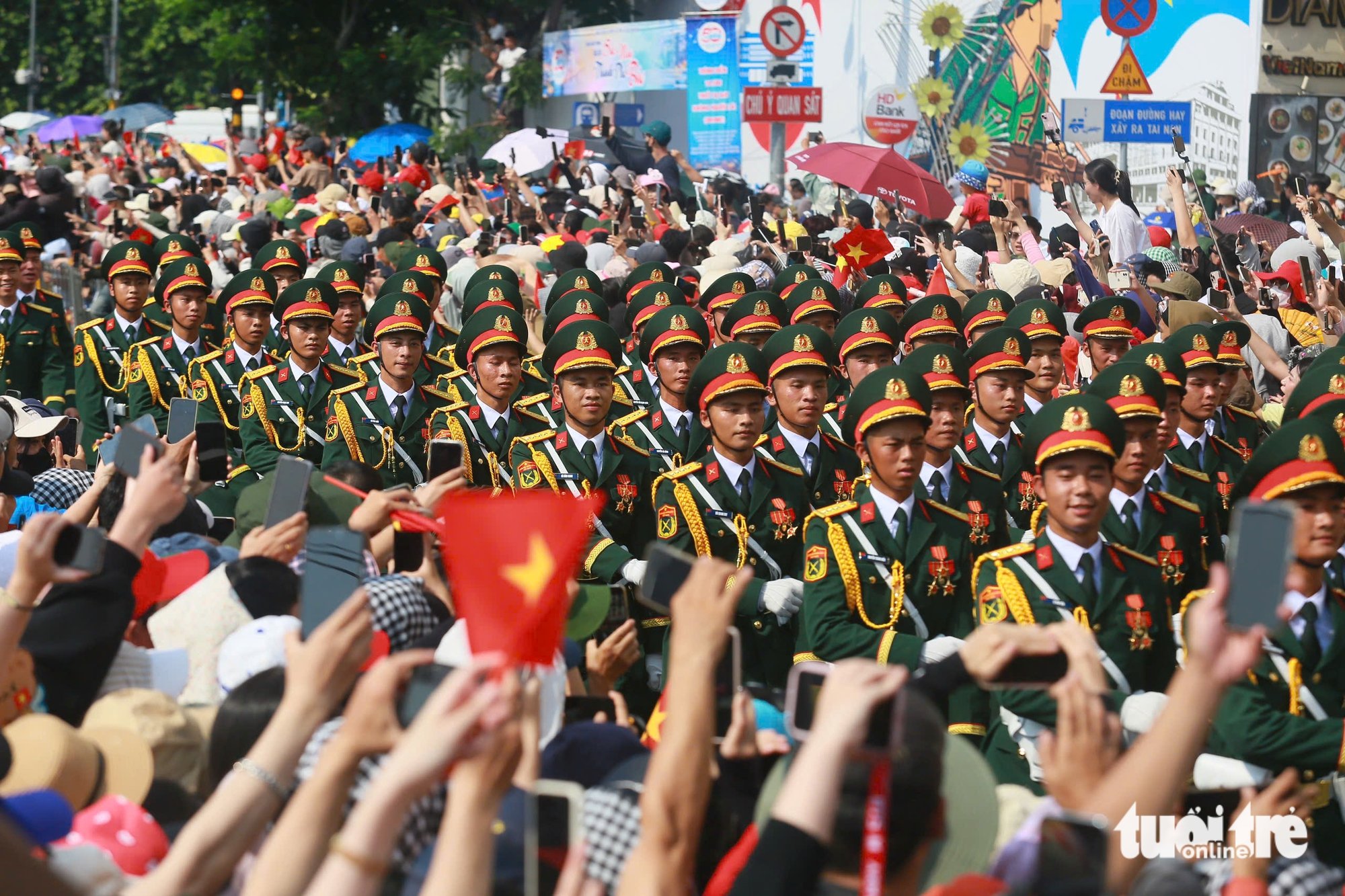
![[Photo] Cultural, sports and media bloc at the 50th Anniversary of Southern Liberation and National Reunification Day](https://vstatic.vietnam.vn/vietnam/resource/IMAGE/2025/4/30/8a22f876e8d24890be2ae3d88c9b201c)


![[Photo] The parade took to the streets, walking among the arms of tens of thousands of people.](https://vstatic.vietnam.vn/vietnam/resource/IMAGE/2025/4/30/180ec64521094c87bdb5a983ff1a30a4)
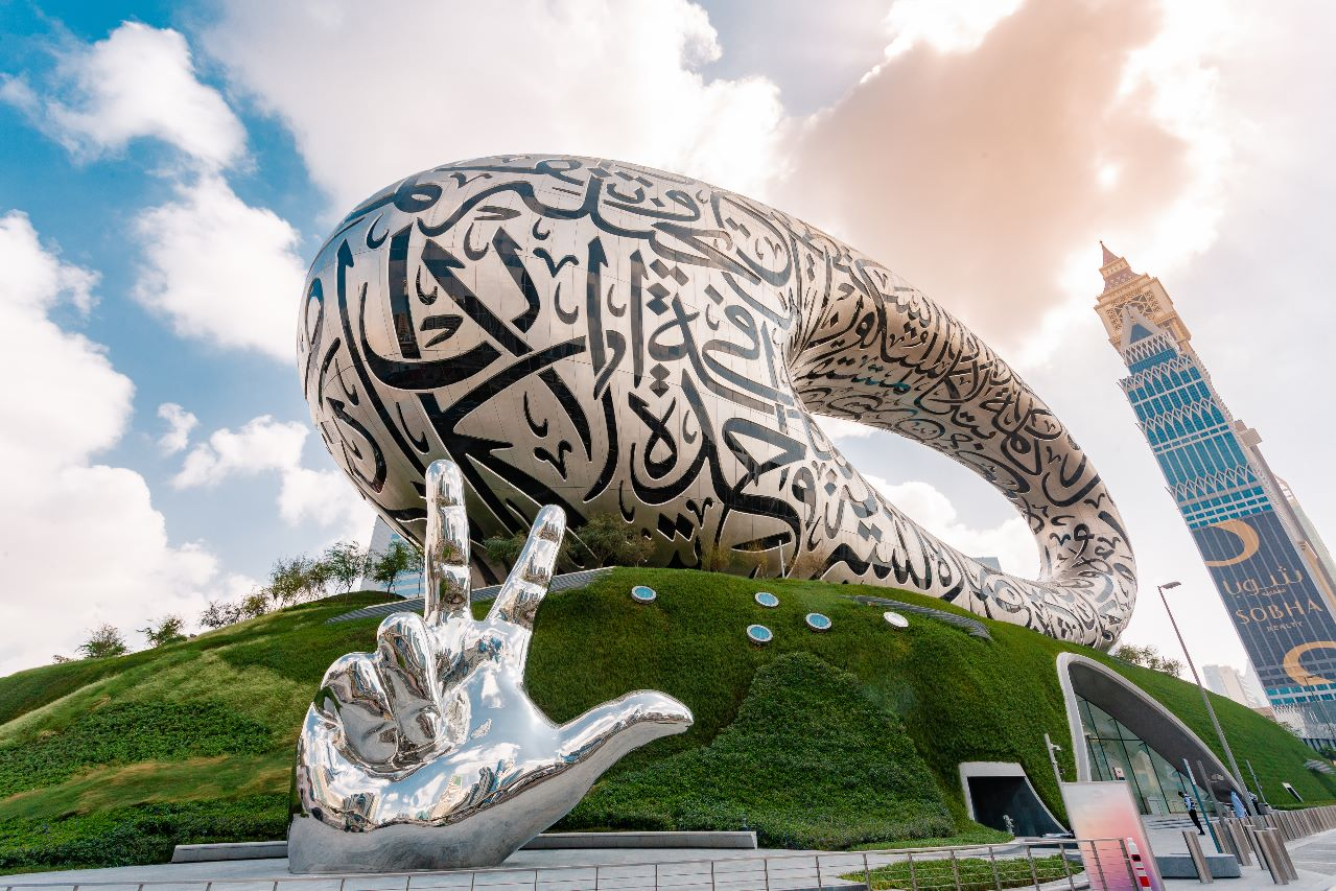


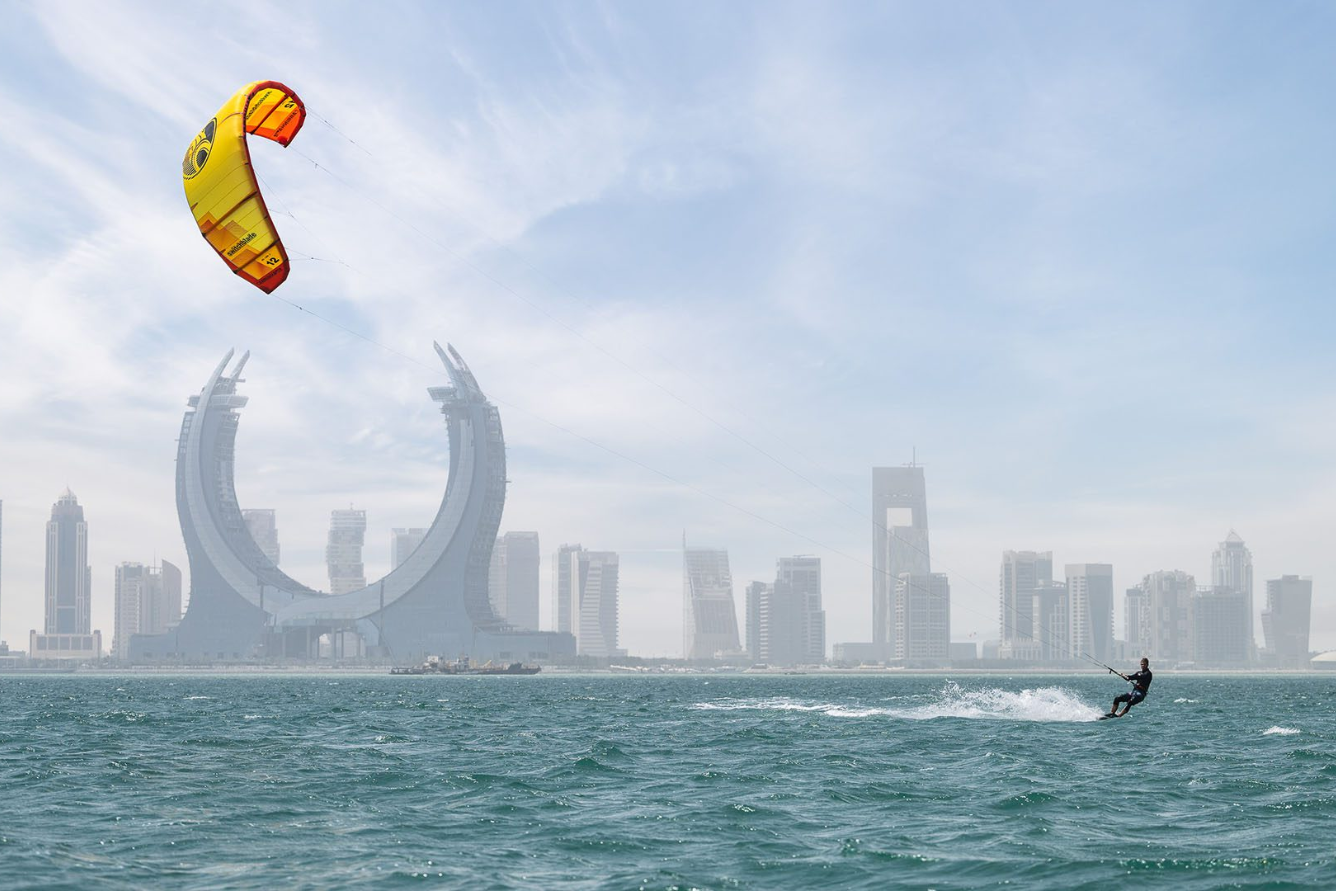
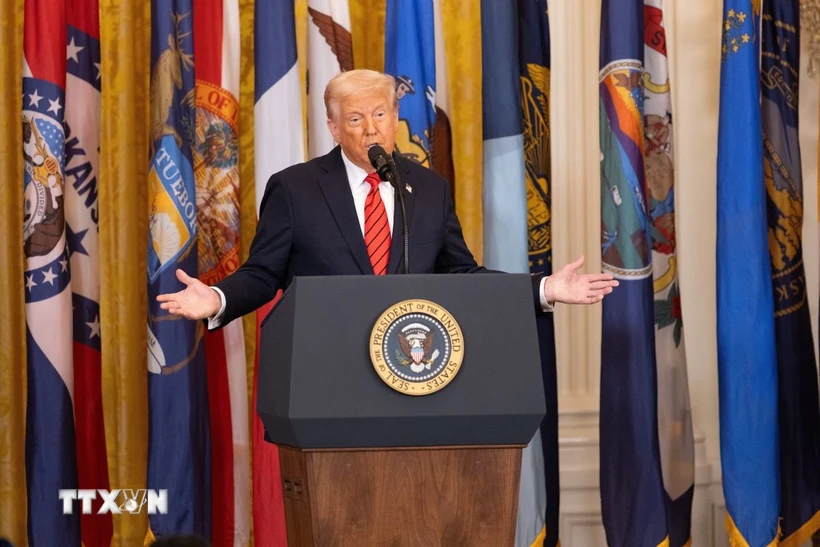

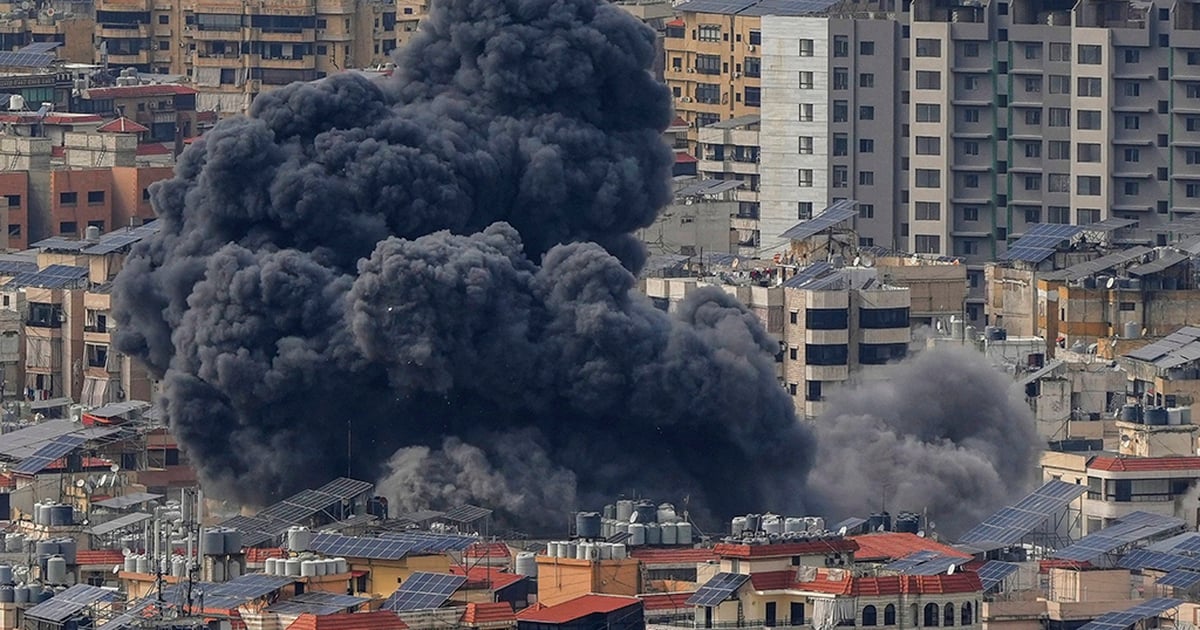

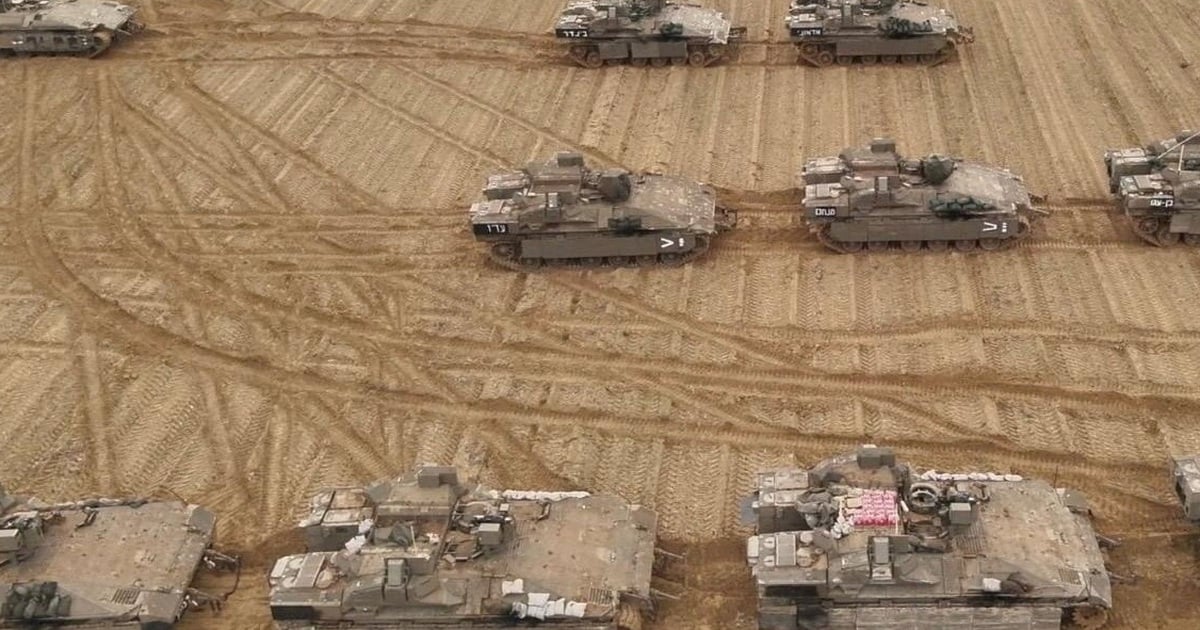
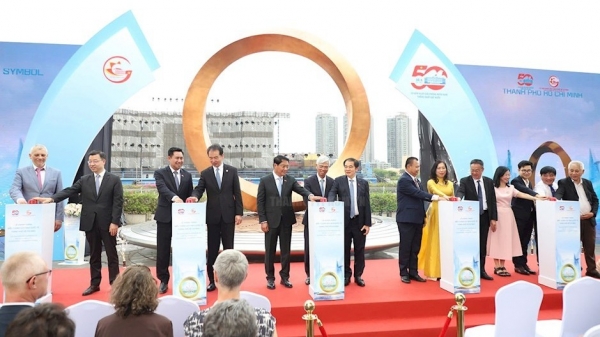
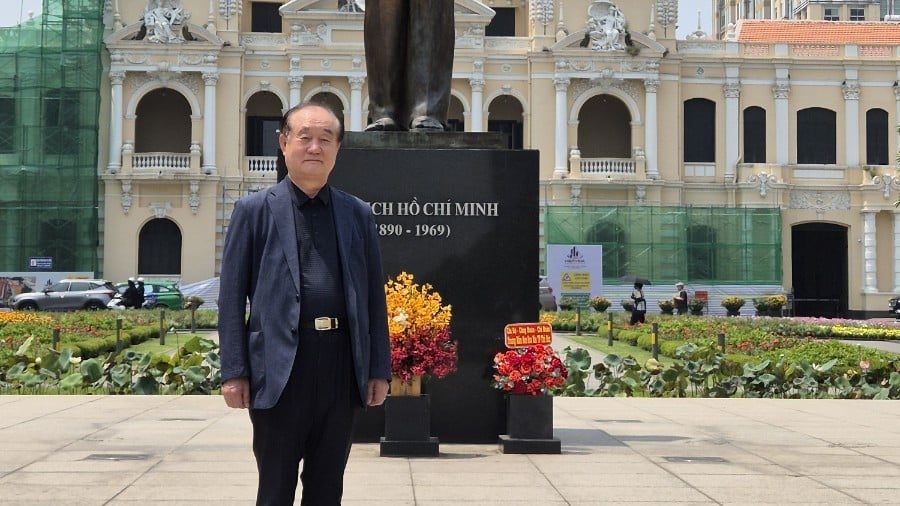
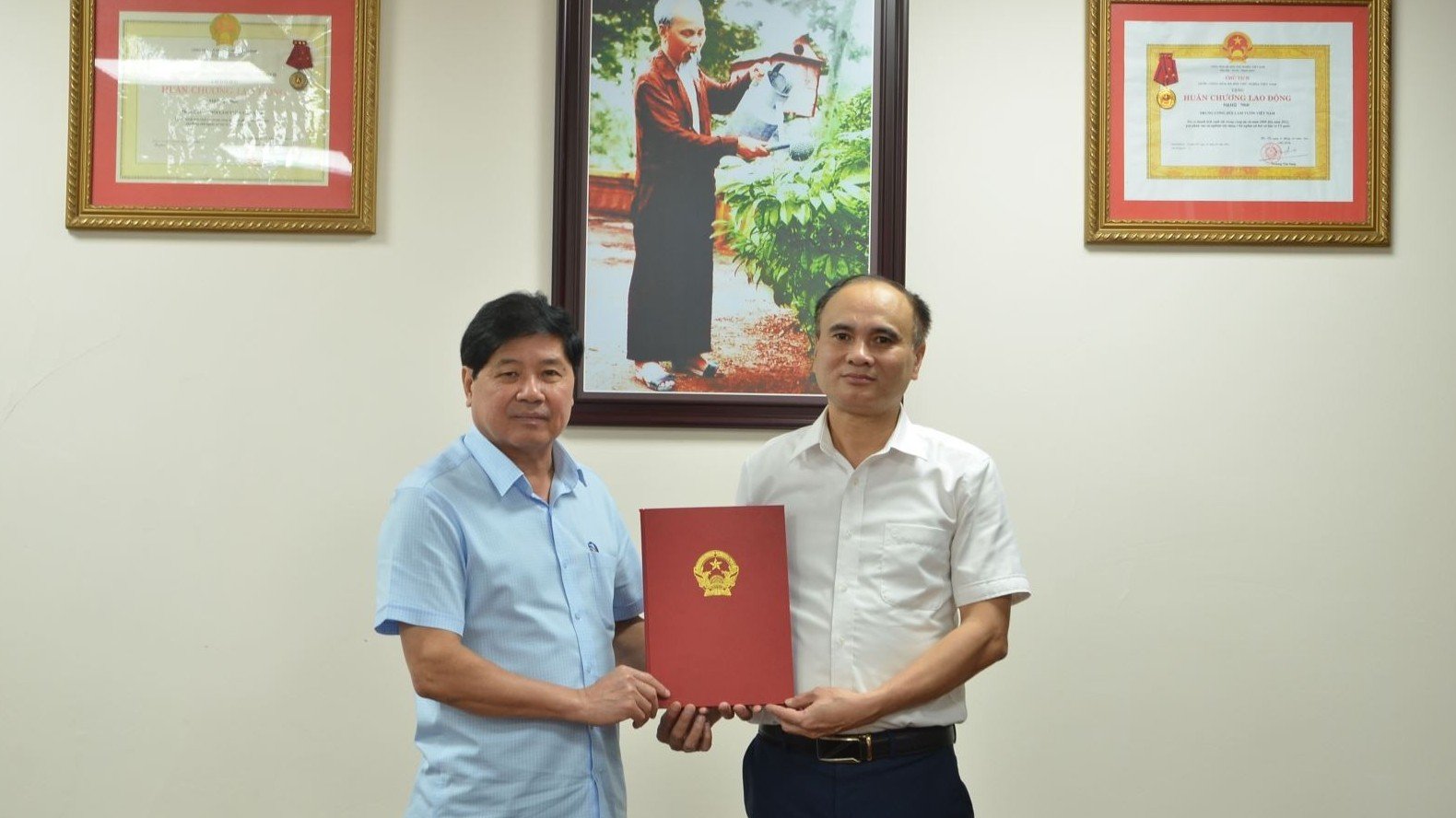
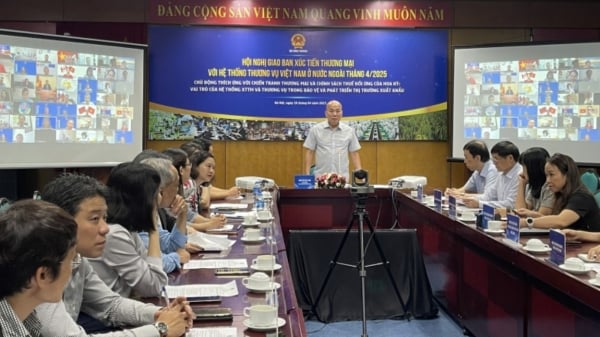

![[Video] Patriotic Inspiration](https://vstatic.vietnam.vn/vietnam/resource/IMAGE/2025/4/29/4122d64c16c84bea920148165978c62a)



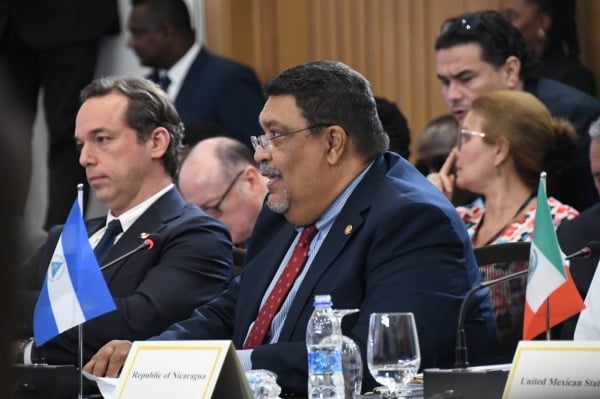
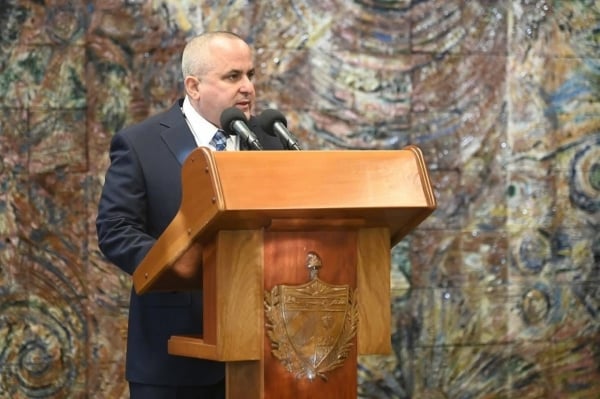
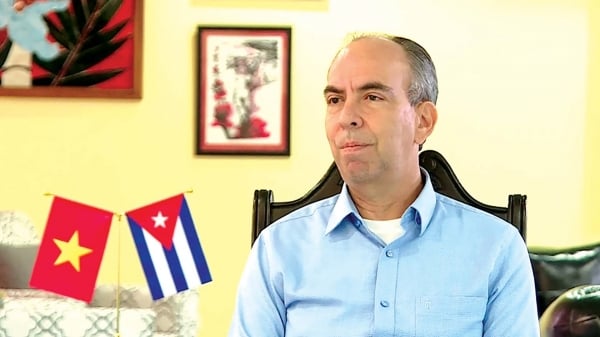
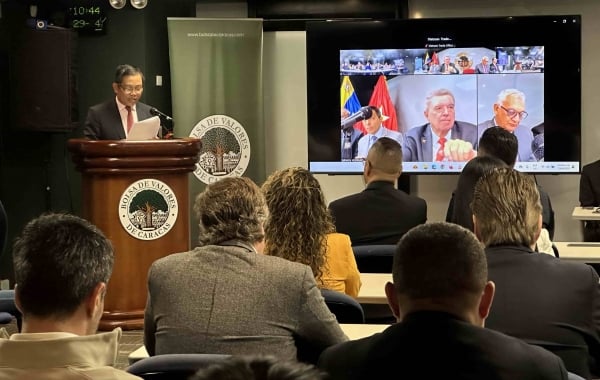
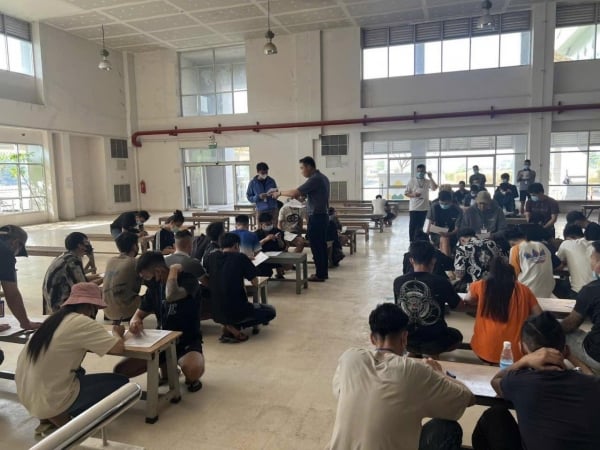
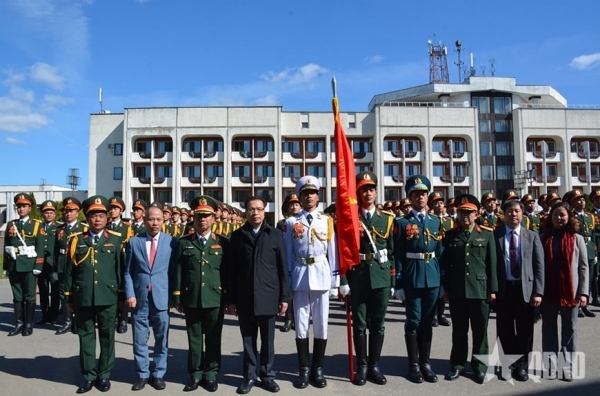
![[Photo] Performance of the Air Force Squadron at the 50th Anniversary of the Liberation of the South and National Reunification Day](https://vstatic.vietnam.vn/vietnam/resource/IMAGE/2025/4/30/cb781ed625fc4774bb82982d31bead1e)
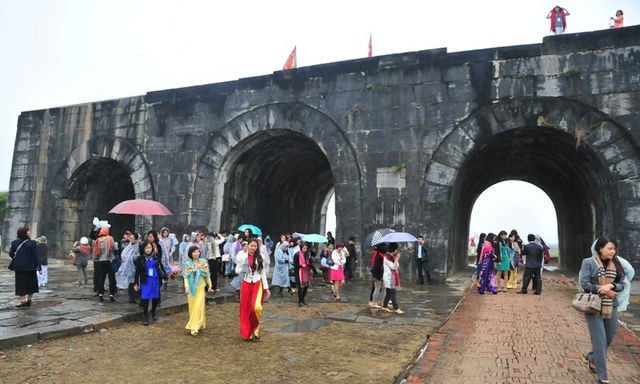












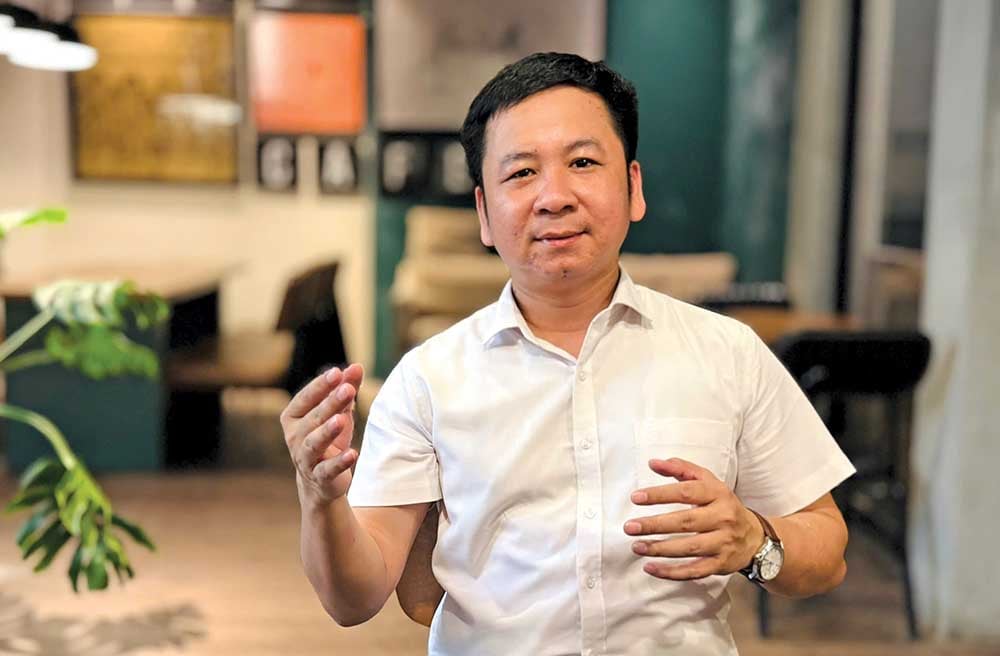



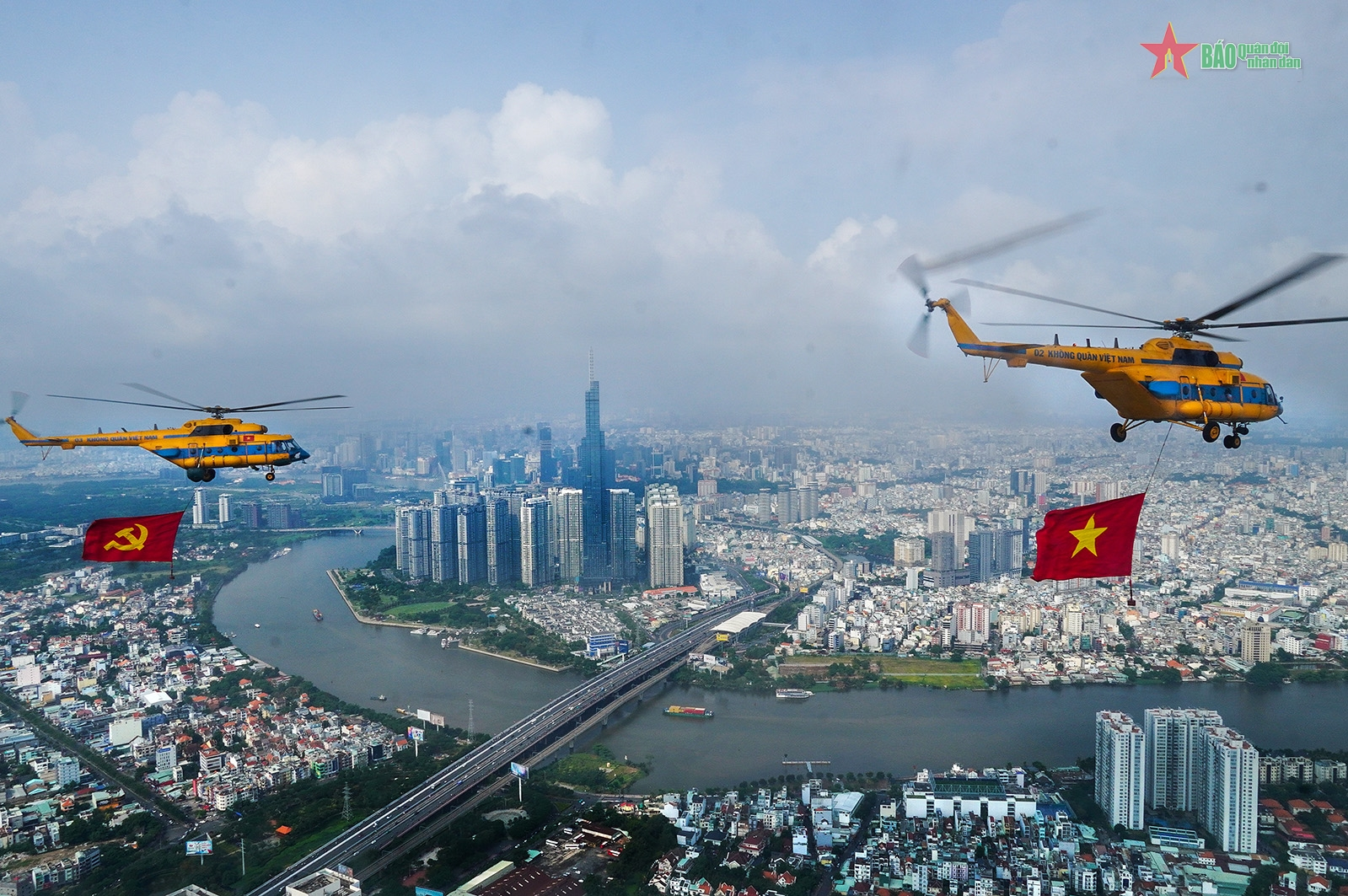
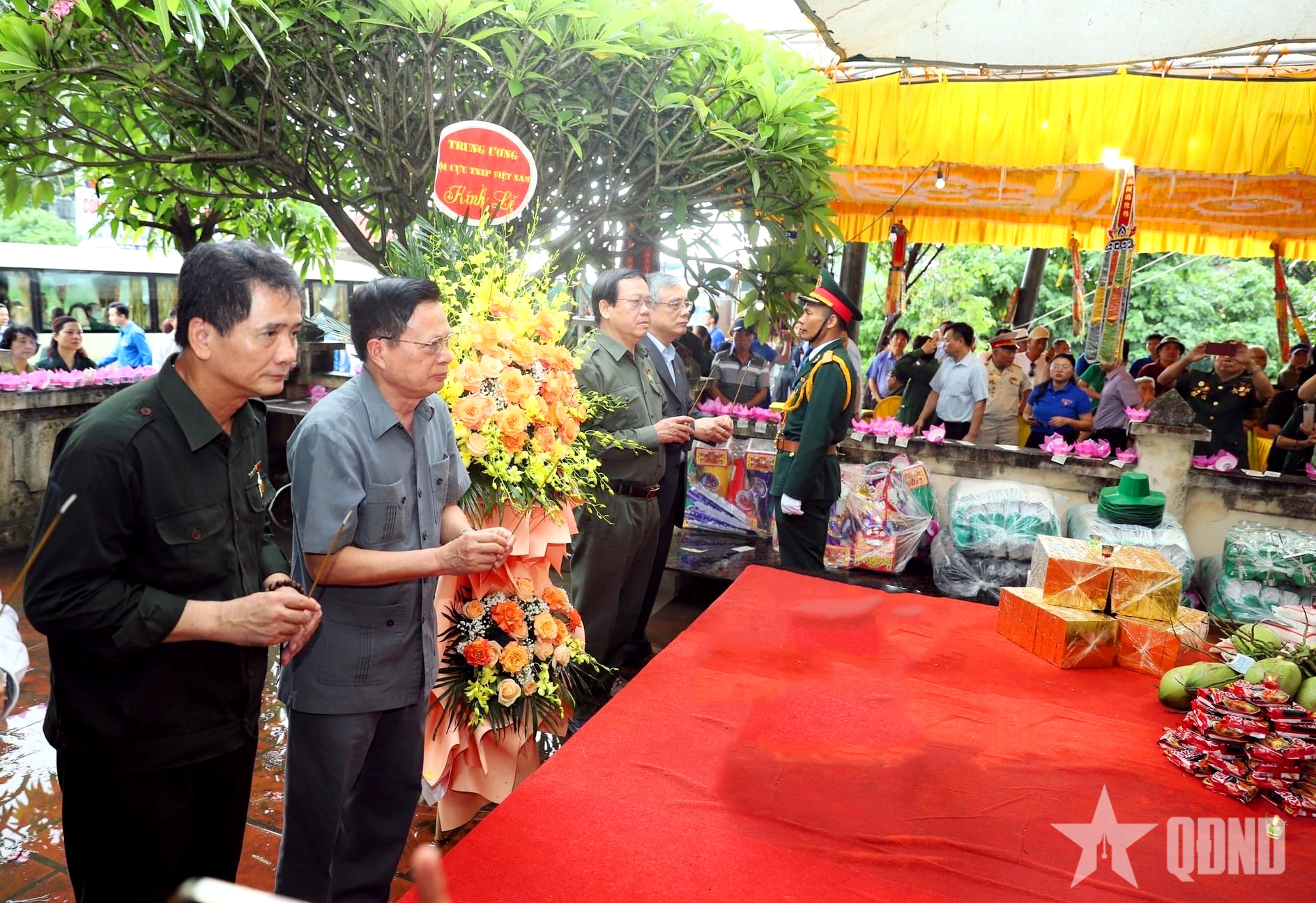
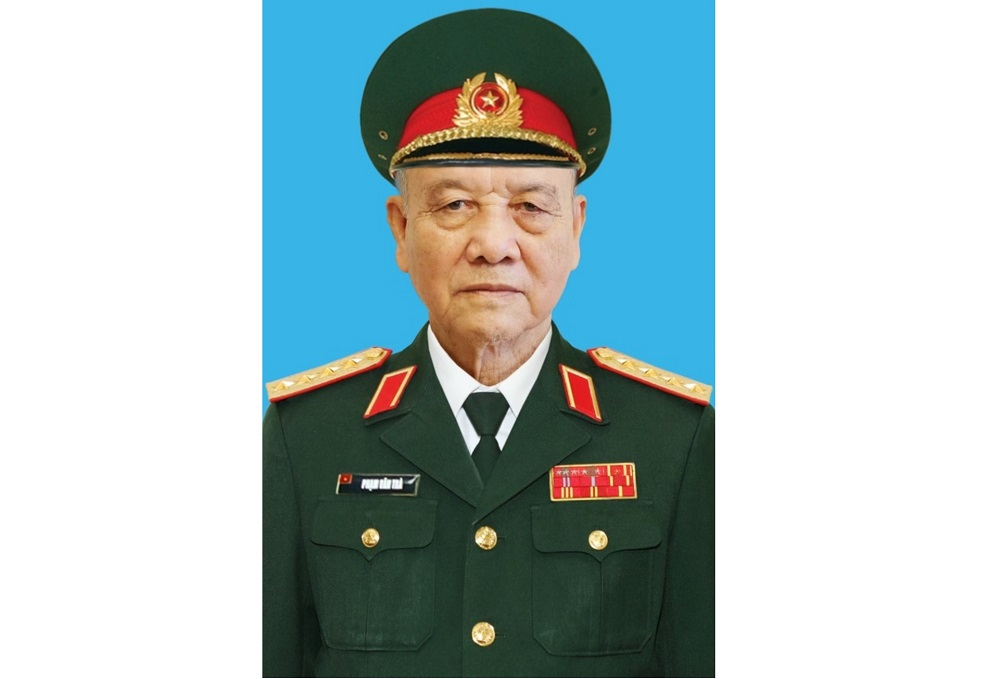










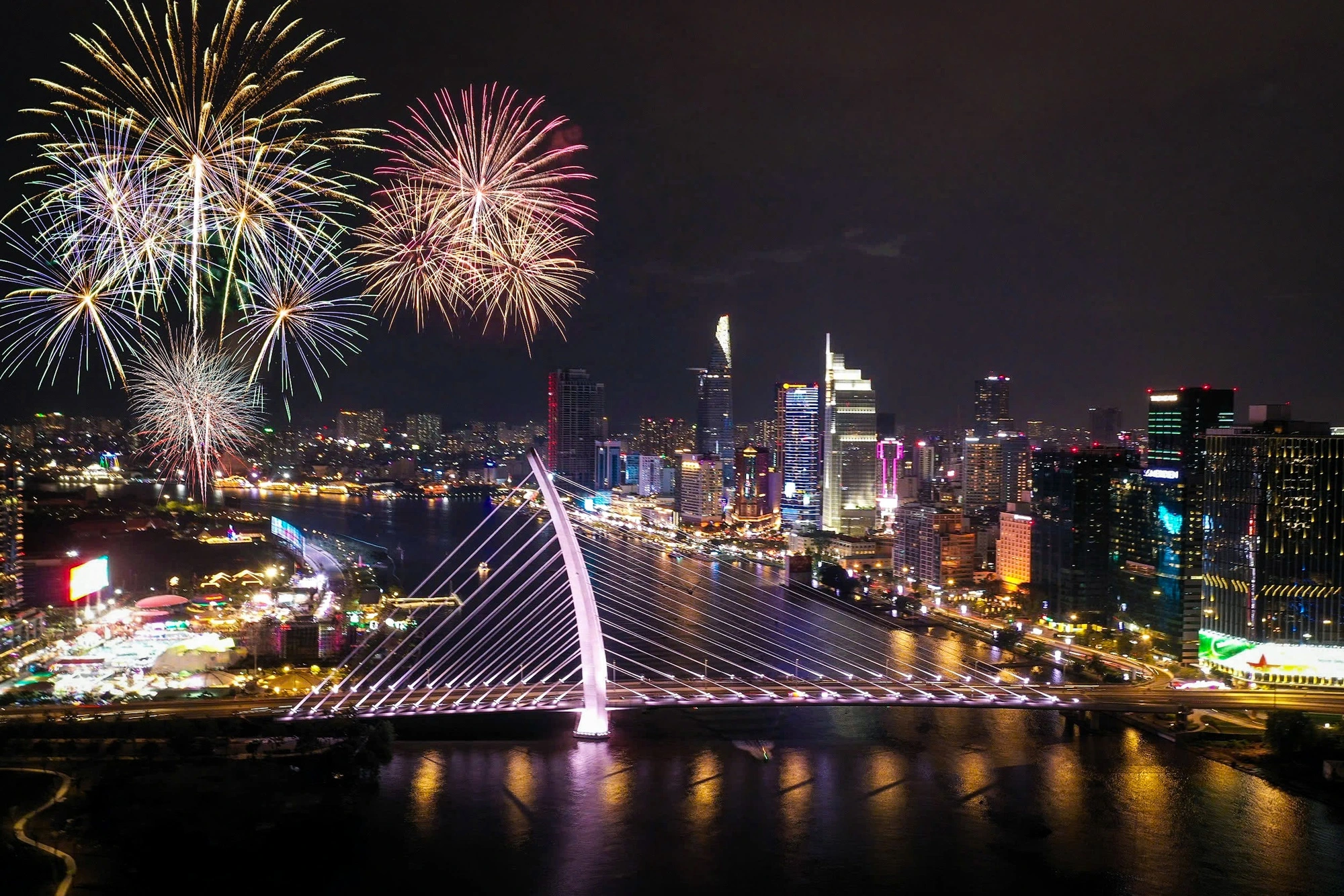
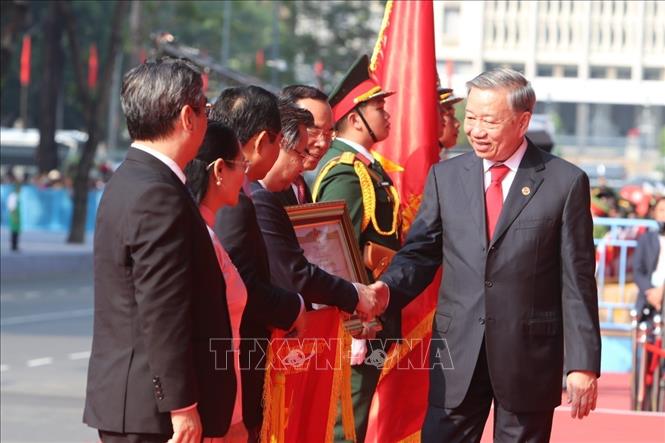


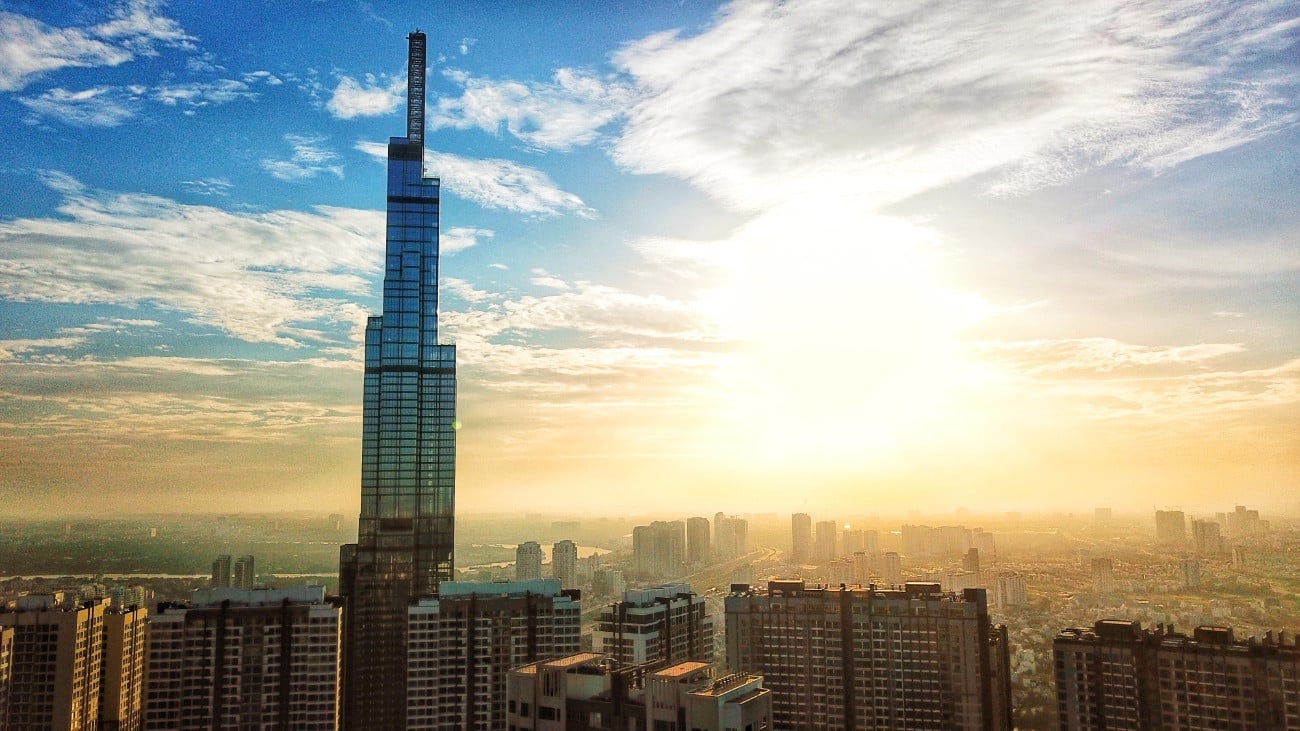






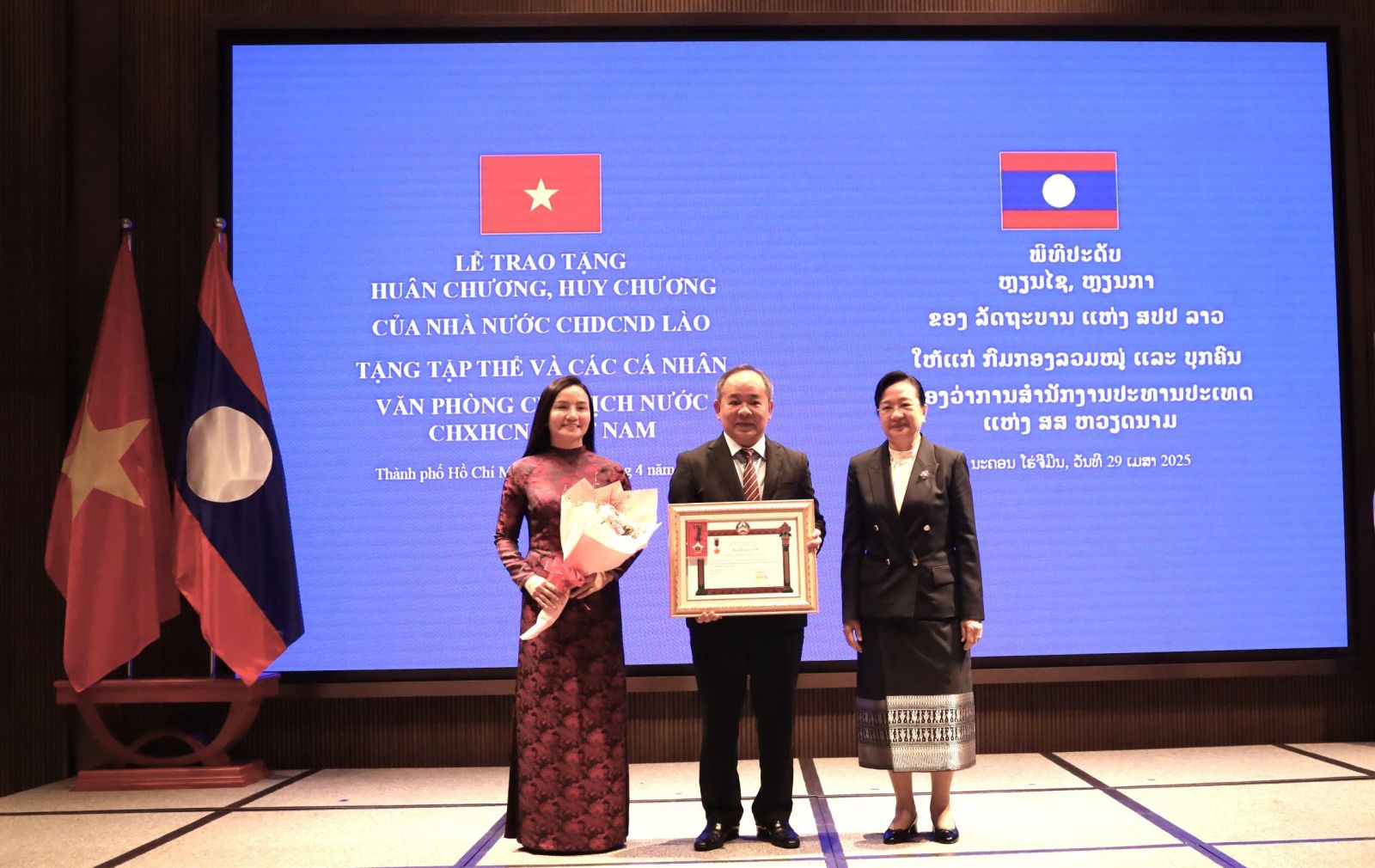

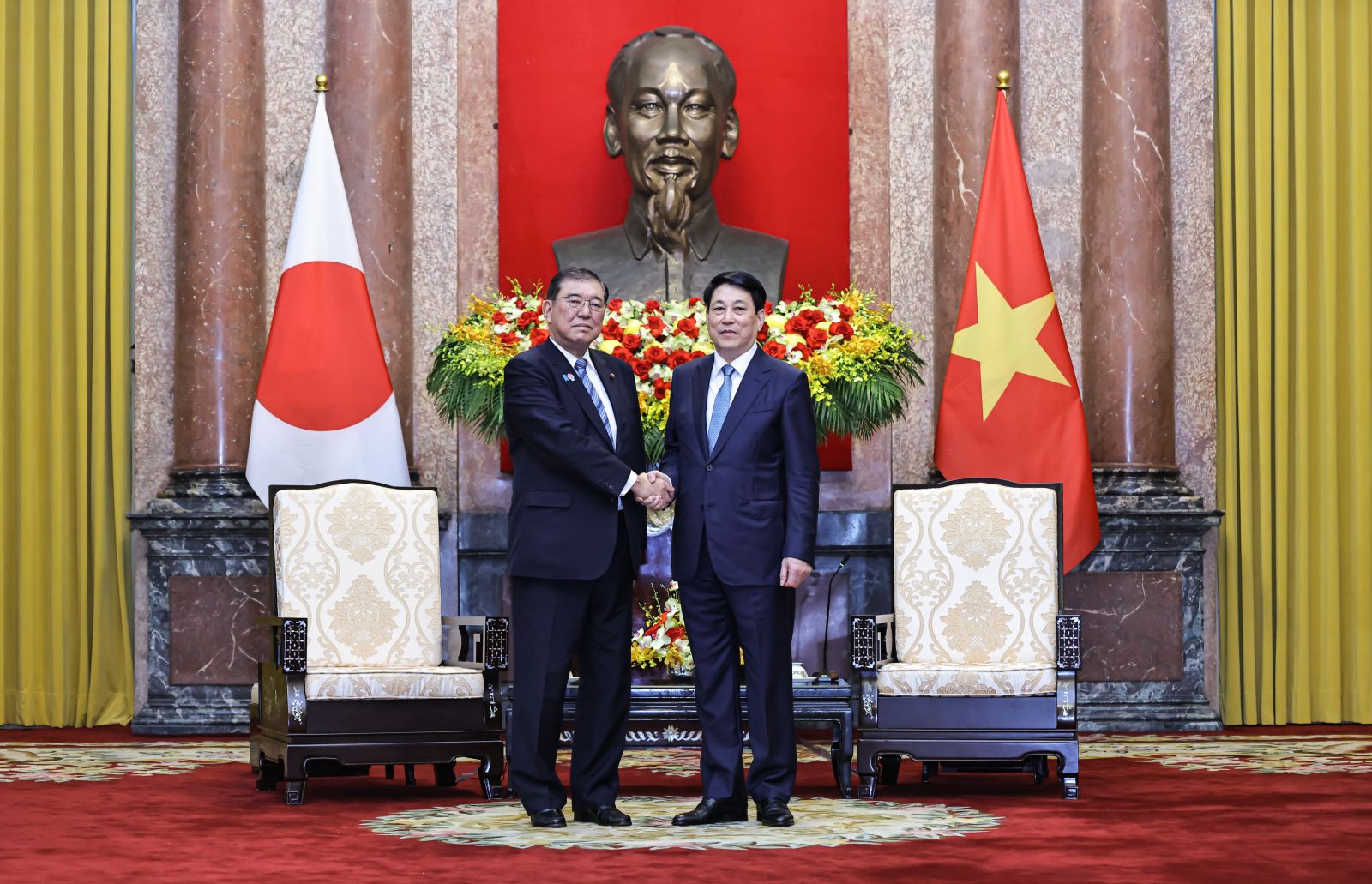

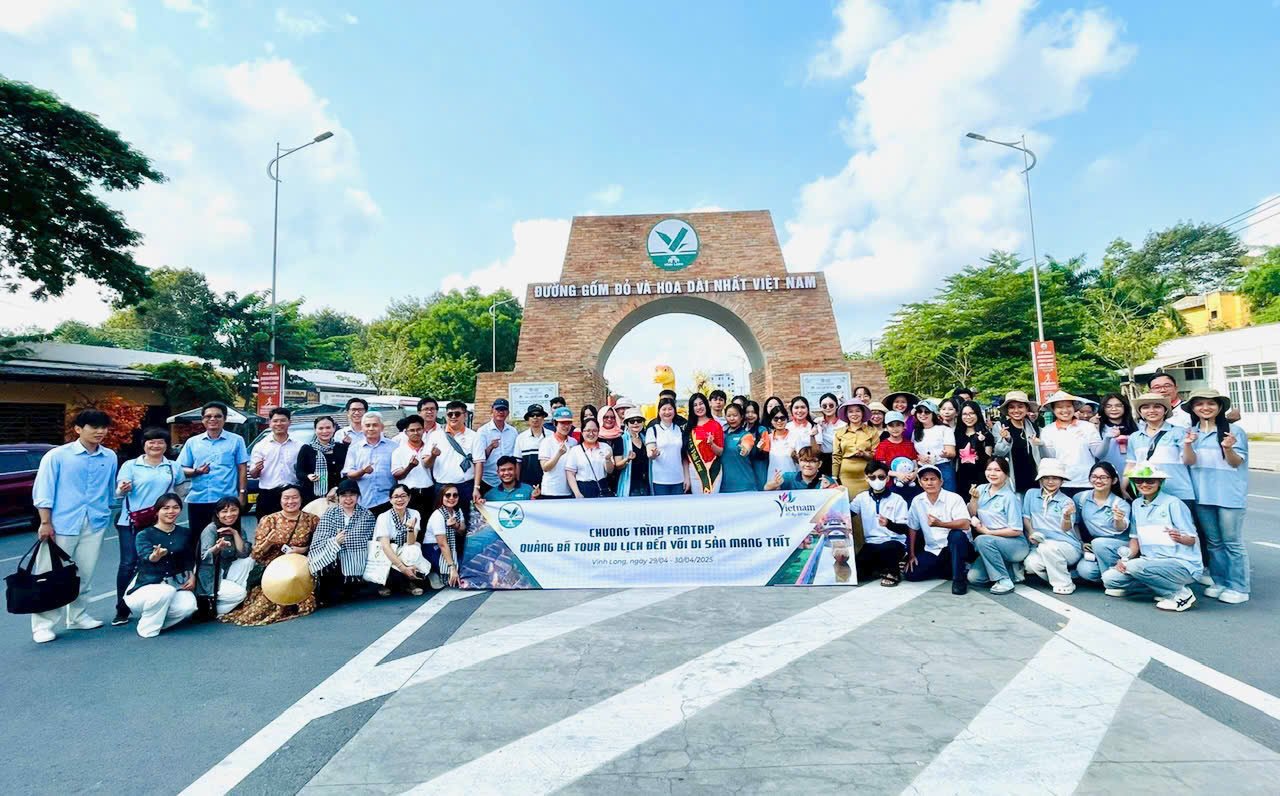


















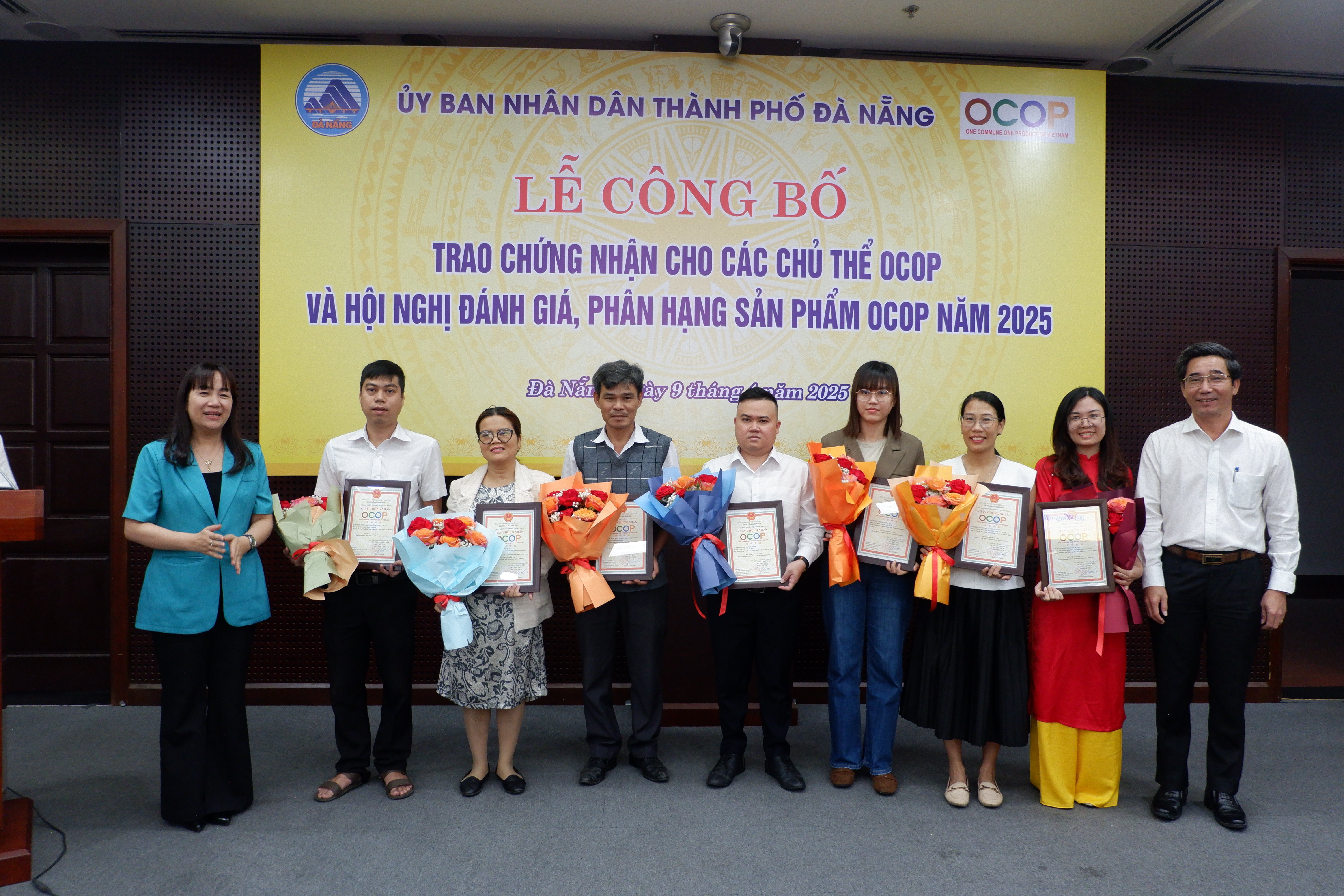

Comment (0)